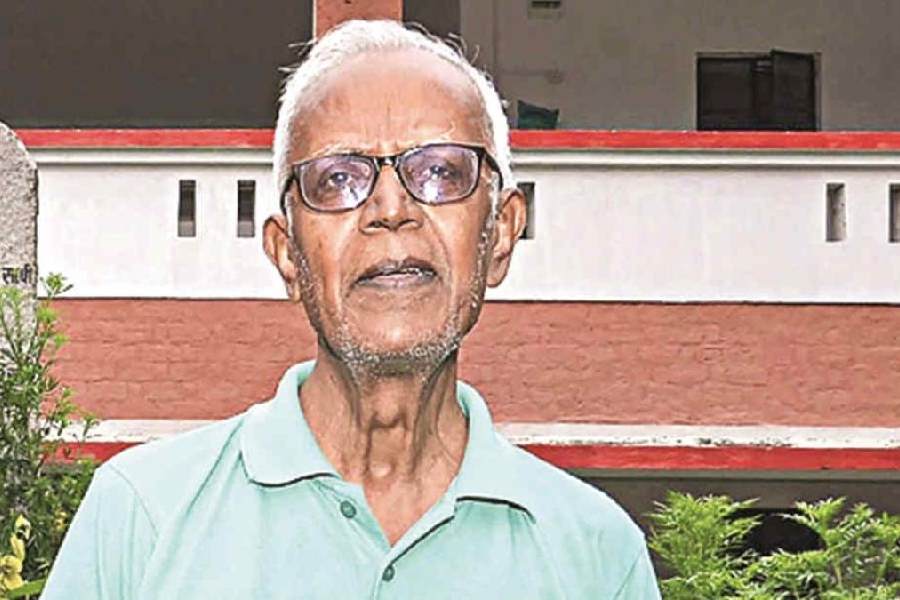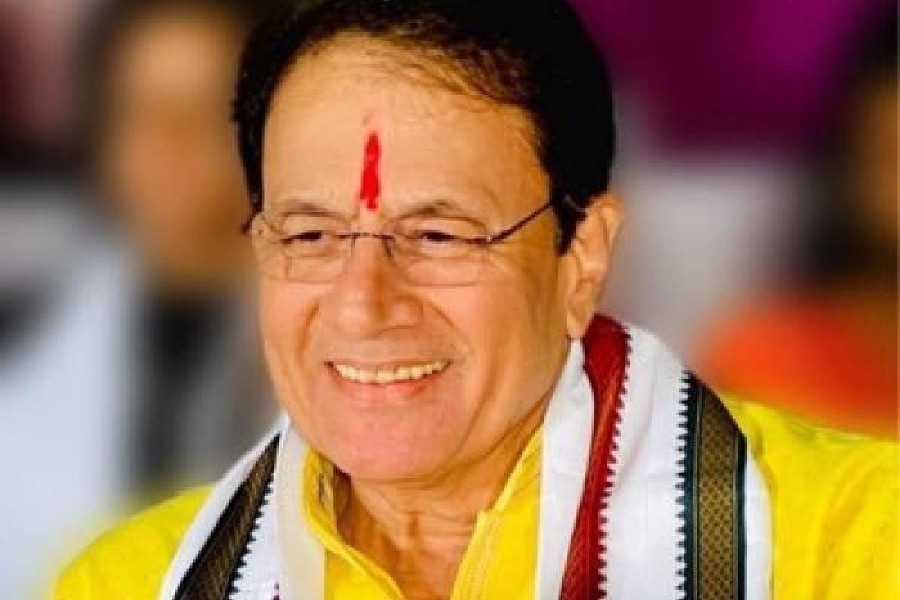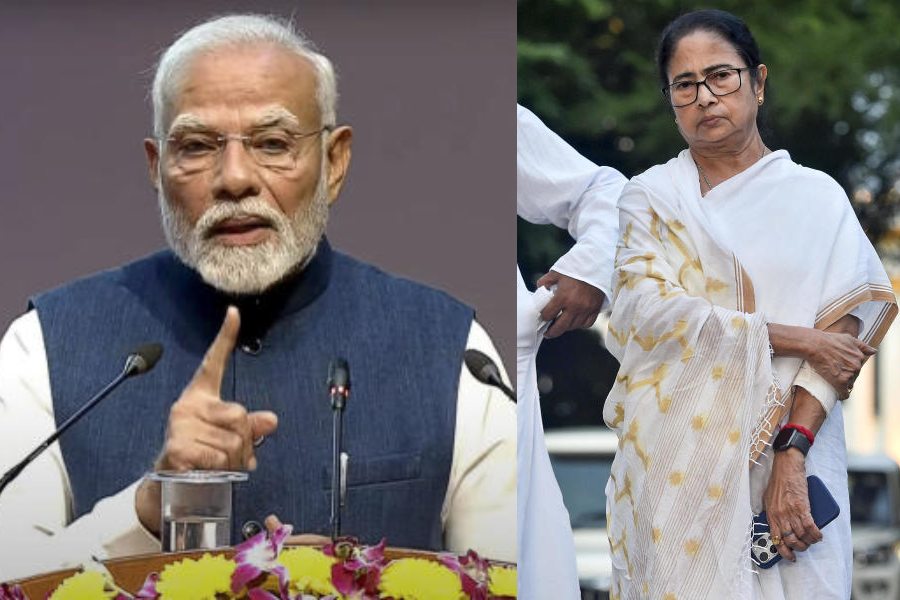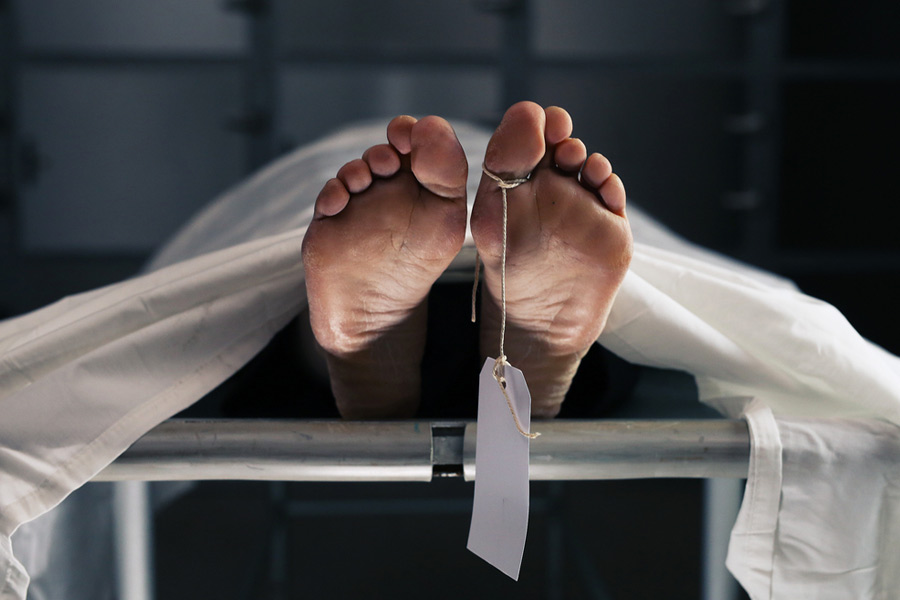Madras High Court has allowed a farmer who revers the life and work of Fr Stan Swamy, the 84-year-old tribal rights defender who died waiting for bail after spending nine months in jail, to erect a pillar in his memory in Tamil Nadu’s Dharmapuri district, overriding the district authorities’ contention that Fr Swamy was related to “Naxals and Maoists”.
The court said petitioner Piyush Sethia had proposed to build the stone memorial on his private land and that it “shall not cause any hindrance to the public at large”.
Justice M. Dhandapani quashed the notice served on Sethia, who is into farming and cooperative watershed development activities at Nekkundi village in Nallampalli taluk, by the local tahsildar in July 2021 disallowing him from “erecting a stone pillar containing the picture of Fr Stan Swamy”. The court maintained that the notice “is not proper” and that the charges against Fr Stan meant nothing as they had never been proved.
Fr Stan, a Jesuit priest who lived in Jharkhand, was arrested under the anti-terror law UAPA on October 8, 2020, in connection with the Bhima-Koregaon case and his alleged links with the banned CPI (Maoist). His arrest had drawn widespread condemnation from within and outside the country and triggered allegations of State-sponsored persecution. A measure of the insensitivity shown towards the elderly and ailing Jesuit priest and the denial of basic human rights was so all-pervasive that Fr Swamy had to move court for a sipper so he could drink water without spilling it as he was a Parkinson’s patient.
Fr Stan had appealed for bail in lower courts at least thrice and in Bombay High Court once.
In a press release following the filing of a supplementary chargesheet in the Bhima-Koregaon Elgar Parishad case on October 10, 2020, the NIA had said Fr Stan was a “CPI (Maoist) cadre” and was “actively involved in its activities”.
Fr Stan died from post-Covid complications on July 5, 2021. A 2022 study by the Boston-based firm Arsenal Consulting suggested that fabricated “evidence” was planted on Fr Stan’s computer. “The attacker responsible for compromising Fr Swamy’s computer had extensive resources (including time) and it is obvious their primary goals were surveillance and incriminating document delivery,” Arsenal said.
In his petition, Sethia had stated that he taught “sustainable farming and lifestyle practices” to farmers of his village and said Fr Stan was his “mentor” whose lifelong work to “protect the welfare of the Adivasi communities” in the country he wanted to commemorate.
Sethia said the “sudden” notice from district officials, including the tahsildar, “for reasons best known to them” had prevented him from building the memorial.
The notice was “unsustainable and illegal”, Sethia’s counsel argued in court. The counsel also pointed out that erecting statues of revered persons on private land was a legally settled matter.
In a counter-affidavit, the district authorities opposed the installation of the memorial and claimed that several tribal hamlets in Dharmapuri district were a “haven for anti-social elements, with their ideology opposing the government and its functions”. The officials said Nekkundi village, in particular, was a “sensitive” area. The district authorities contended that the person whose memorial had been sought to have been erected was allegedly related to “Naxals and Maoists” and strongly objected to Sethia erecting the memorial.
The court ruled that the petitioner had decided to build the pillar in remembrance of Fr Stan as he was “impressed by the work done by him for the welfare of tribals” and that the construction site was Sethia’s private land.
Justice Dhandapani said: “When an allegation put forth against a person is not proved, then the said allegation is nullity. In the instant case, Fr Stan Swamy had taken more efforts for the welfare of the tribals and the issue on hand is the erection of his statue/ stone pillar on the petitioner’s private land. As a general principle, the law grants citizens the right to install statues in their own private property. The only restriction is that such an erection of the statue should not bring any conflict between two communities or in a way that would hurt the feelings of a particular society. There is no legal impediment if erection of a statue at a private land is permitted.”
As the petitioner had stated he would bear the expenses for the work, “permission from authorities in the aforesaid aspect is not required”, Justice Dhandapani said in his order, drawing attention to several earlier decisions of Madras High Court in “identical” issues. These included allowing petitioners to install statues of freedom fighters and other revered persons on private land.









